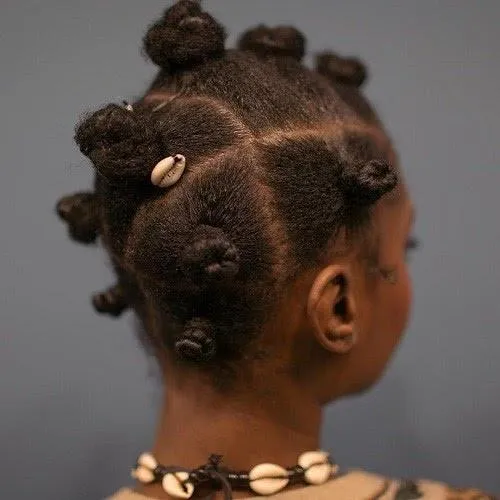The New York City government issued a new decree on Monday that for the first time banned companies and institutions from setting restrictions on hair style. The report said the move specifically protected hair styles with black features.
In 2017, the US military lifted the ban on female visceral sputum, but the New York State’s new decree was considered to be the first free choice in the United States for the legal freedom of blacks in certain states to comb the head and the viscera (including New Zealand, twists, and reggae). , corn glutinous rice, Bantu knot) and other hair style rights.

The decree is aimed at the hair style restrictions of certain companies and schools, such as the prohibition of grooming when going to school.
The decree states that employers cannot ask employees to straighten their hair or break up their hair. Companies are also prohibited from discriminating against potential customers. For example, nightclubs cannot use the restrictions on dress code to prohibit customers with certain hair styles from spending. However, the new law does not affect the requirement for employees to wear hair nets or tie hair for health or safety reasons.
In December of last year, a high school wrestler in New Jersey was forced to cut her hair before the game, which caused public outrage. In 2016, a female employee of an Alabama company lost her job because she refused to cut her organs. Later, the federal court ruled that the company’s actions were legal.

The New York City Government Human Rights Commission pointed out that the idea of prohibiting or restricting the natural hair style associated with black people is rooted in the white stereotype of the appearance of the white, is a kind of ethnic discrimination, that people generally have the idea of racial discrimination, that the black hair style is not suitable Formal occasions, unsanitary, untidy.
The City of New York said the latest decree would protect all hair styles that are closely related to race, ethnicity or cultural identity. And clearly stipulates the protection of black people's right to maintain natural hair. The infringement will be considered racist and violates the law, and the company will face a fine of up to $250,000.